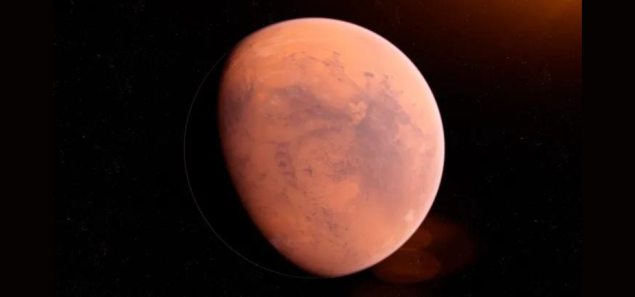National space agencies have always been the only ones allowed to explore Mars. But NASA is trying to change that by giving private companies a dozen research projects as a way to get them involved in future missions to the Red Planet.
It’s the second time in a month that the agency has shown it wants private companies to help with trips to Mars. Earlier this month, they pretty much scrapped the original Mars Sample Return mission in favor of an alternative that hasn’t been decided yet but is likely to be run by private space companies.
Nine companies were chosen to do 12 “concept studies” on how they could offer services linked to Mars, such as delivering payloads, taking pictures of the planet, and relaying communications. The awards range from $200,000 to $300,000. However, these studies are an important first step for NASA to learn more about the costs, risks, and viability of private technologies.
Lockheed Martin, Impulse Space, and Firefly Aerospace were chosen to deliver and host small payloads. United Launch Alliance, Blue Origin, and Astrobotic were chosen to deliver and host large payloads. Albedo, Redwire Space, and Astrobotic were chosen to provide imaging services for the surface of Mars. SpaceX, Lockheed Martin, and Blue Origin were chosen to provide next-generation relay series.
NASA said in a statement that almost all of the chosen proposals would change current projects that are focused on the moon and Earth. The studies will be over in August after 12 weeks, and there’s no promise that they will lead to future contracts or requests for proposals. In the same way, it’s not possible that new contracts will appear without a study first being done by a company that wants them.
The companies were found through a call for bids that NASA’s Jet Propulsion Laboratory sent out earlier this year. The request says that the goal is to create a new way of exploring Mars that involves partnerships between the government and businesses to make “more frequent lower cost missions” possible.
Also Read: Start-ups in Space Are Salivating After Nasa Turns Its $11 Billion Mars Plan Into a Free-for-all
The idea is like the agency’s Commercial Lunar Payload Services (CLPS) program, which gives big jobs to private companies to send things to the moon. And like CLPS, which helped fund the first successful private lunar rover, these new awards show that the agency is getting more used to working with smaller, early-stage startups that are working on new technologies that haven’t been tried before.
What do you say about this story? Visit Parhlo World For more.


